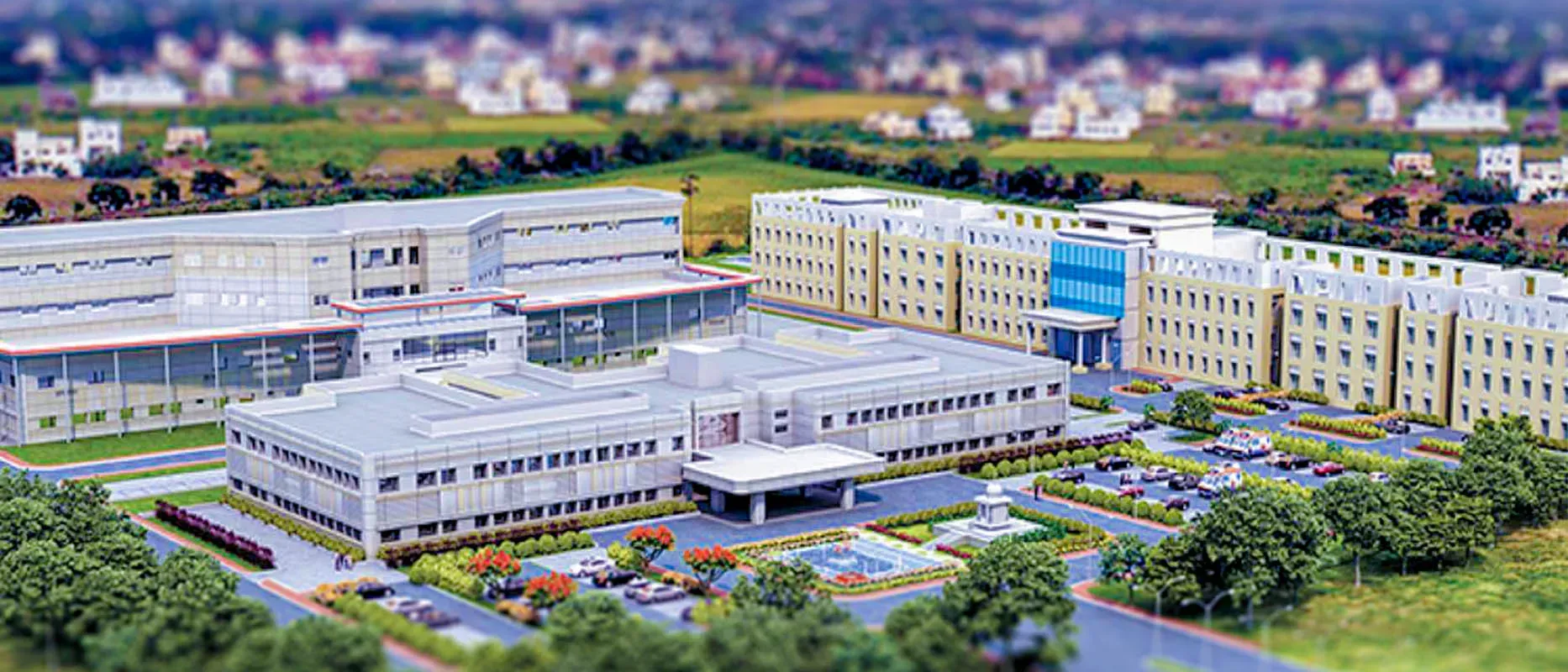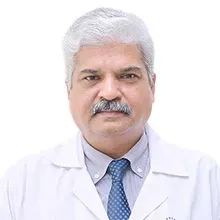Overview of Liver Cancer Treatment
Cancer cells are the abnormal cells that divide without any control. And when it happens in the liver, it becomes liver cancer. For the past three decades, liver cancer has almost tripled. It ranks in sixth number in the most common cancer, worldwide. In India, the incidence rate of liver cancer for men and women are 4-7.5 and 1.2-2.2, respectively in 100,000 each year.
The primary liver cancer is the one that originates in the liver itself. It has many subtypes like hepatocellular carcinoma, angiosarcoma and hepatoblastoma. The other type is secondary liver cancer which comes from the other organs by spreading. Some researchers suggest that hepatitis vaccines and improved hepatitis treatments can prevent about half of liver cancer cases throughout the world. The primary liver cancer has a very good prognosis and secondary liver cancer due to its complications, is difficult to treat.
Different medical conditions can affect liver cancer survivors, but recurrent cancer can be the main problem. Recurrence means cancer can reappear after treatment. But in some cases, the cancer develops in the unrelated part of body, termed as second cancer.
Types of Liver Cancer Treatment
Some of the treatment options are:
- Chemotherapy
- Radiation therapy
- Immunotherapy
- Target drug therapy
- Embolization therapy
- Surgery
Chemotherapies
Chemotherapy medications are used in almost every type of cancer but most chemotherapies have no significant effect on liver cancer. Recent studies show that applying many drugs for chemotherapy may be more effective than using only one. But even with these drug combinations, only few tumors are reduced.
Radiation Therapy
Radiation therapy uses high-energy x-rays to kill cancer cells. For some individuals with severe conditions like cirrhosis or hepatitis, it may not be a good option. Radiation therapy is useful if surgery cannot be used to remove the tumor.
Immunotherapy
These are the drugs that help the body's natural defense mechanism in killing cancer cells. Immunotherapy drugs strengthens the immune system so that it can fight against the cancer cells. It can be useful for the treatment of some liver cancer patients.
Target Drug Therapy
Target drug therapy is the advanced treatment to fight against the cancer cells. These drugs kill the environment in which cancer cells grow and eventually kill them after finding the special signals present only on the cancer cells.
Embolization Therapy
The use of special substances which are injected in the tumor cells in the liver to block or reduce the blood flow to the tumor and destroy it, comes under this treatment. Some techniques are used such as:
- Trans-arterial chemoembolization
- Radioembolization
Surgery
Some surgical procedures are performed according to the demand and complications of the symptoms:
Partial Hepatectomy: is a surgical procedure in which the liver is removed. Only those with a single tumor that has not expanded into blood vessels, and have a good liver function are able to undergo this procedure.
Liver transplant: liver transplant may be the best choice for those who have tumors that cannot be removed by surgery, either due to the location of the tumors or because the liver has too much disease for the previous procedure.
Diagnosis of Liver Cancer Treatment
Some diagnosis of Liver Cancers are:
Alpha-Fetoprotein Blood Test
People with liver disease, liver cancer, pregnancy, or other cancers can have increased levels of the protein AFP. When AFP levels become high in a patient, liver cancer may be present.
Tests for Viral Hepatitis
Hepatitis B and C blood tests can be used to eradicate the presence of any infection by the virus.
Liver Function Tests (LFTs)
Before the treatment, there is a need to know the state of your liver because liver cancer arises in livers that have a previous medical history of cirrhosis and hepatitis.
Biopsy
A biopsy is used to identify if the tissue has cancer. It is the extraction of a tissue and examination in the laboratory . Sometimes a biopsy and testing in the pathology lab are the only ways to be sure that liver cancer is present.
Ultrasound
The first test performed to check out the liver is often an ultrasound. It produces an image on a computer screen with sound waves. This examination may identify liver cancers, which can then, if necessary, be examined for malignancy.
Cost of Liver Cancer Treatment in India
India offers the most successful liver cancer treatment at the lowest possible price. In India, the price of liver cancer treatment ranges from 1814 USD to 4838.8 USD. It can be difficult to calculate the real price of liver treatment for cancer. The costs of liver cancer therapy in India may differ according to the city, hospitals, patients condition and so on.
Different procedures and their cost in India
| Treatment Costs in India |
Min in USD |
Max in USD |
| Chemotherapy |
537.74 USD |
716.11 USD |
| Partial hepatectomy |
4149 USD |
4838 USD |
| Radiation Therapy |
544 USD |
907 USD |
| Thermal Ablation |
1814 USD |
3024 USD |
| Others |
2721 USD |
7560 USD |
Symptoms & Risk Factors of Liver Cancer Treatment
Symptoms associated with liver cancer:
- Fatigue
- Fragility
- Abdominal discomfort
- Swelling of the belly brought on by a buildup of fluid.
- Right shoulder pain
- Decrease in appetite and sickness
- Weight loss
- Jaundice causes yellowing of the skin and eyes.
- Pallid bowel movements
- Fever
- Itching
- A mass in the right side of abdomen
- Nausea
- Blood in vomiting
Risk Factors of Developing Liver Cancer
Chronic Viral Hepatitis
Hepatitis B or C virus and long-term infection is the most common risk factor for liver cancer worldwide. These infections cause liver cirrhosis and liver cancer.
Cirrhosis
Cirrhosis is the liver disease in which liver cells become damaged and are replaced by scar tissue. A higher risk of liver cancer occurs in patients having cirrhosis. Cirrhosis is present in the majority of those who have liver cancer.
Metabolic Abnormalities
Hereditary hemochromatosis is an inherited metabolic disease which consumes high levels of iron. and excess of iron accumulates in the liver. Large quantities of iron accumulation can lead to cirrhosis and liver cancer.
Alcohol Consumption
People who consume alcohol in excess, usually three to four drinks per day, are more prone to develop cirrhosis and liver cancer.
Smoking
Smoking is a risk factor to liver cancer like many other cancers because it contains thousands of chemicals that cause cancer. Non-smokers are usually at low risk for liver cancer.
Obesity
The chances of liver cancer increases with increased abdominal obesity and high BMI. This is possibly due to the risk of cirrhosis and fatty liver disease.
Type-2 Diabetes
A higher rate of liver cancer has been related to type 2 diabetes, especially in people who also have other risk factors such as severe alcohol use and/or chronic viral hepatitis.
Anabolic Steroids
Some athletes use the male hormones known as anabolic steroids for gaining more power and muscle. Liver cancer risk may be increased by continuous anabolic steroid use.
Top Hospitals for Liver Cancer in India
Shaping the future of the healthcare institution and establishing the path to accomplishment.
Top Doctors for Liver Cancer in India
Empower your Health with the Expertise of Leading Medical Professionals.
Dr. Amit Bhargava
Department of Medical Oncology & Oncology
Consultant
Book Appointment
Treatment Costs for Liver Cancer
Be the change and be an opportunist in transforming healthcare.
How it's Works
Guiding your Journey from Discovery to Treatment Planning and Beyond.
Discovery
Get a consultation to discover about your treatment
Pre-Treatment
Admission to the best hospital and all pre-treatment facilities
Post Treatment
Get post-treatment follow-up care with medicine fulfillment
Treatment Planning
Hassle-free treatment planning with package & cost estimations
in-treatment
world-class quality procedures and equipment for treatment


























